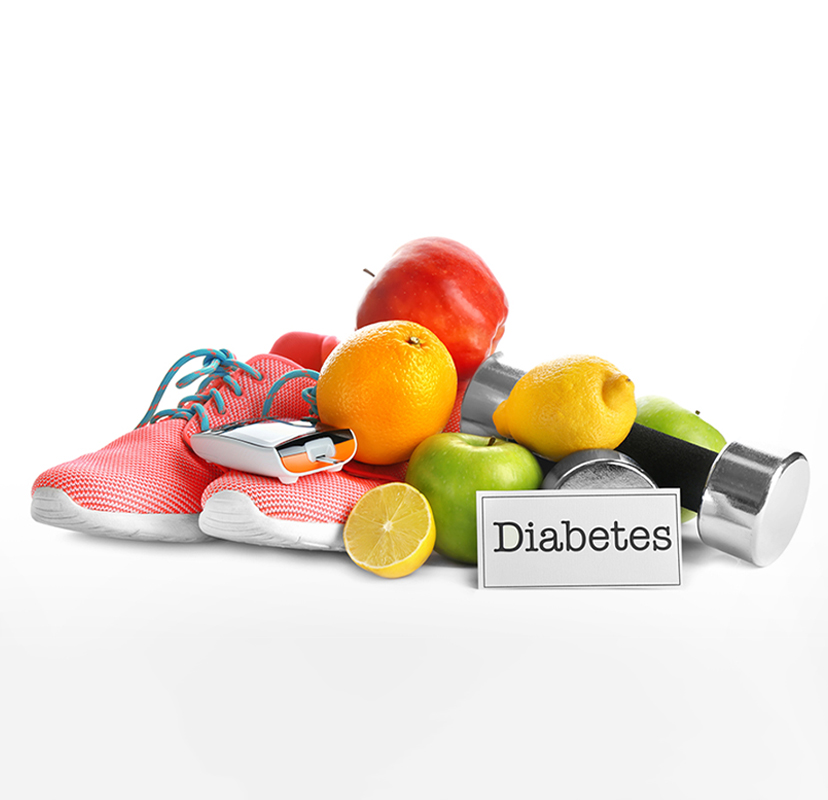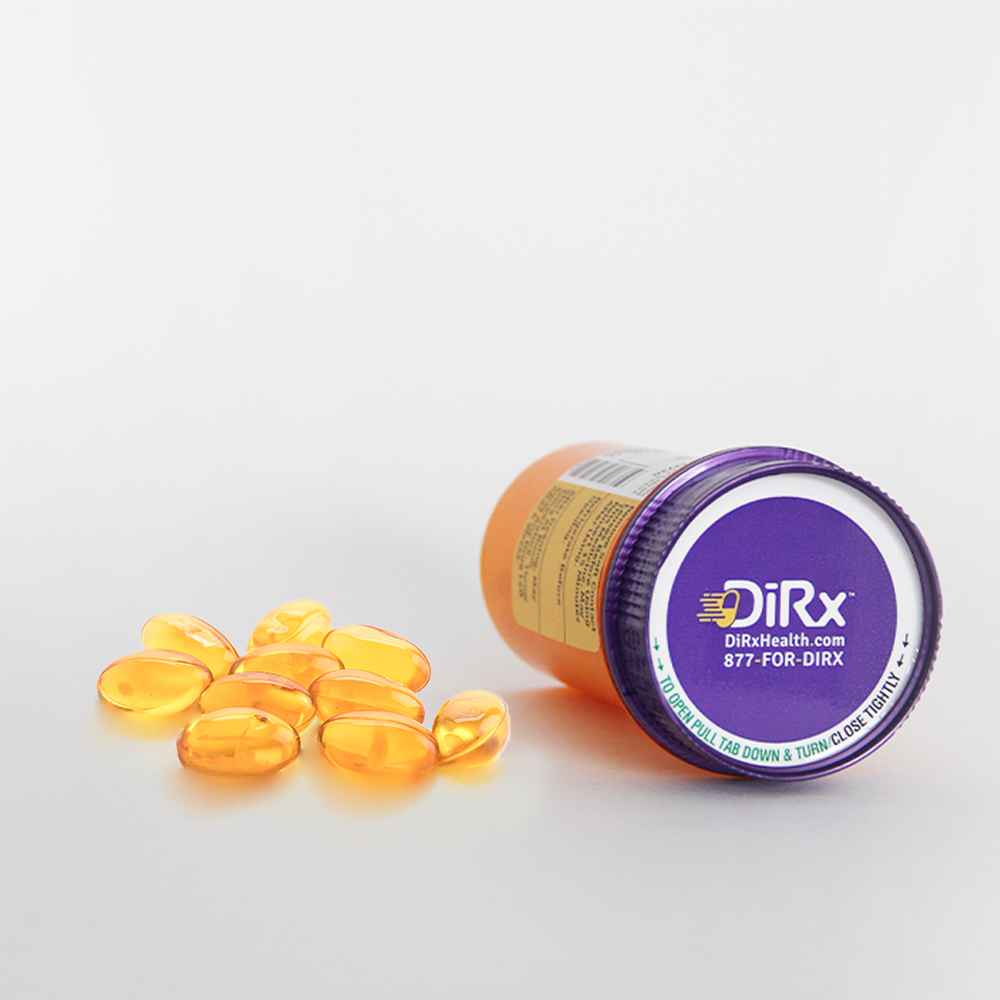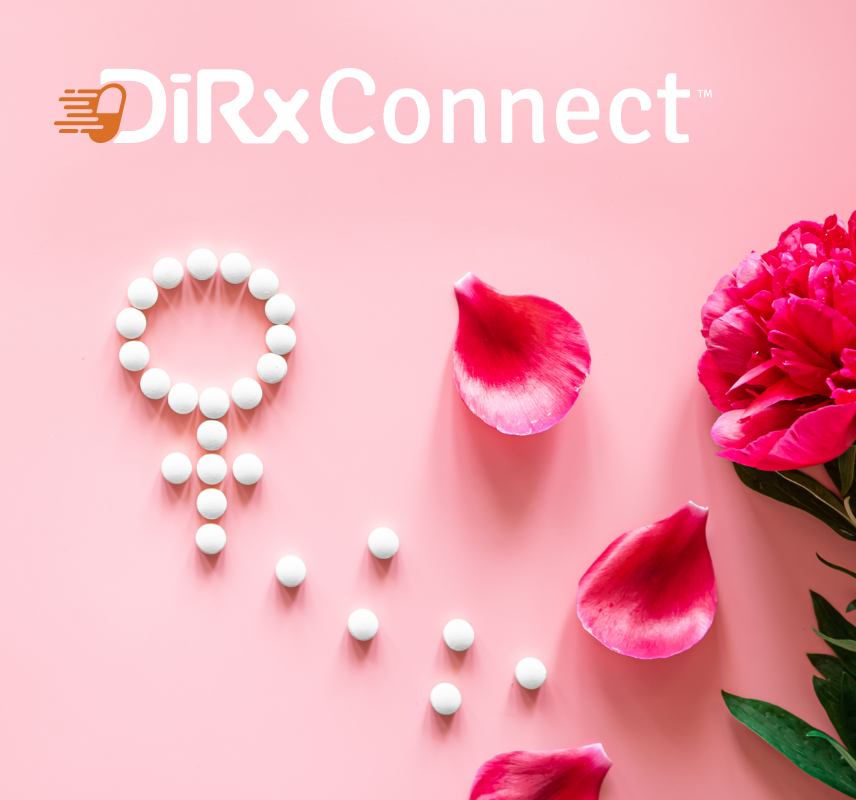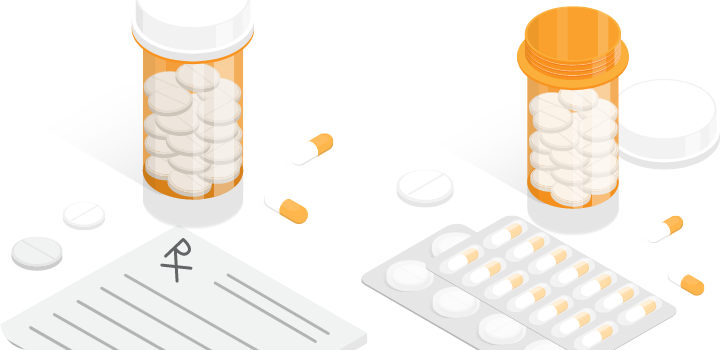Worried About High BP During Pregnancy? Here’s What You Need To Know
Sept 24, 2024 | 5 minute read
Pregnancy is a unique and transformative experience, but it also brings various health considerations. One important aspect to manage is high blood pressure (BP) during pregnancy. This condition can have significant effects on both the mother and the baby. In this blog, we’ll explore what high BP during pregnancy means, its risks, and symptoms, and how it can be managed effectively.
What is High Blood Pressure During Pregnancy?
High blood pressure during pregnancy is categorized into several types, each with its own implications and management strategies:
Types of High Blood Pressure in Pregnancy
| Type | Description | Timing | Management |
|---|---|---|---|
| Gestational Hypertension | High blood pressure starts after 20 weeks of pregnancy and usually goes away after birth. | After 20 weeks of pregnancy | Regular monitoring, lifestyle adjustments, and sometimes medications. |
| Preeclampsia | A serious condition where high blood pressure leads to organ damage, affecting kidneys or liver. | After 20 weeks of pregnancy | Close medical supervision, medications, and possibly early delivery. |
| Chronic Hypertension | High blood pressure that existed before pregnancy or is detected before the 20th week of pregnancy. | Before 20 weeks of pregnancy | Managed with a combination of lifestyle changes and medications. |
Risks of High Blood Pressure
High BP during pregnancy can lead to several complications for both the mother and the baby. Understanding these risks can help you take preventive measures.
Risks for the Mother
- Preterm Birth: High BP can lead to early delivery, which may result in complications for the baby.
- Placental Abruption: The placenta may separate from the uterine wall, leading to severe bleeding and complications.
- Organ Damage: Severe hypertension can affect organs such as the kidneys and liver.
Risks for the Baby
- Low Birth Weight: Babies born to mothers with high BP are at risk of being underweight, which can affect their health and development.
- Respiratory Issues: Premature birth associated with high BP can lead to breathing problems for the baby.
- Intrauterine Growth Restriction (IUGR): The baby may not grow as expected in the womb, leading to potential health concerns.
Symptoms of high blood pressure during pregnancy
High BP often doesn’t present noticeable symptoms, which is why regular monitoring is crucial. However, some symptoms to be aware of include:
- Severe Headaches: Persistent and intense headaches that don’t go away with usual remedies.
- Changes in Vision: Blurred vision or seeing spots.
- Swelling: Swelling in the hands, feet, or face.
- Nausea or Vomiting: Severe nausea or vomiting that doesn’t align with typical morning sickness.

Diagnosis and Monitoring
High BP is usually detected during routine prenatal visits. Your healthcare provider will measure your BP and may perform additional tests if needed.
Diagnostic Tests
- Blood Pressure Measurement: Regular monitoring to check for high BP.
- Urine Tests: To check for protein, which can indicate preeclampsia.
- Blood Tests: To assess liver and kidney function and other parameters.
Managing High Blood Pressure Before, During, and After Pregnancy
Managing high blood pressure (BP) effectively throughout your pregnancy journey is crucial for both your health and your baby’s well-being. Here’s a comprehensive guide on what steps to take if you have high BP before, during, or after pregnancy.
Before Pregnancy
1. Plan Ahead with Your Healthcare Provider
- Review Your Health History: Discuss any pre-existing health conditions and medications with your doctor. This helps assess potential risks and plan appropriate care.
- Medication Safety: Work with your healthcare provider to identify which medications are safe to continue or start during pregnancy. Some medications may need adjustments or alternatives.
- Healthy Lifestyle: Focus on maintaining a healthy weight through balanced eating and regular physical activity. This can help manage BP and prepare your body for a healthy pregnancy.
During Pregnancy
1. Attend Regular Prenatal Appointments
- Consistent Care: Schedule and attend all prenatal visits. These appointments are essential for monitoring your BP and overall health.
- Medication Management: Consult with your doctor about any medications you’re taking, including over-the- counter drugs. Do not alter your medication regimen without professional advice.
2. Monitor Your Blood Pressure
- Home Monitoring: Use a home BP monitor to keep track of your levels. If you notice higher than usual readings or experience symptoms of preeclampsia, contact your healthcare provider immediately.
- Insurance and Equipment: Discuss with your doctor or insurance about obtaining a home BP monitor if needed.
3. Maintain a Healthy Lifestyle
- Diet and Weight: Continue eating nutritious foods and keep a healthy weight to support your overall well-being and manage BP effectively.
| Meal | Foods to Include | Foods to Avoid |
|---|---|---|
| Breakfast | Whole grains, fruits, low-fat dairy, nuts | Processed foods, sugary cereals |
| Lunch | Lean proteins (chicken, fish), vegetables, whole grains | Fried foods, high-sodium dressings |
| Dinner | Lean meats, vegetables, brown rice | High-fat meats, excessive salt |
| Snacks | Fresh fruits, nuts, yogurt | Chips, sugary snacks |
- Rest and Stress Management: Ensure you get adequate sleep and practice relaxation techniques like deep breathing or meditation to reduce stress.
After Pregnancy
1. Postpartum Monitoring
- Watch for Symptoms: After delivery, remain vigilant about how you feel. If you had high BP during pregnancy, you are at increased risk for complications like stroke.
- Seek Immediate Help: If you experience symptoms of preeclampsia or other concerning signs post-delivery, contact your doctor or emergency services (9-1-1) immediately for prompt medical attention.
Medications
Your healthcare provider may prescribe medications if lifestyle changes are not sufficient to manage your blood pressure. The following are some commonly used medications before, during, and after pregnancy:
| Name of Medication | Description | When to Take It | |
|---|---|---|---|
| Lisinopril | ACE inhibitors are used to manage chronic hypertension. | Before Pregnancy (consult your doctor for alternatives during pregnancy) | Order now |
| Atenolol | Beta-blocker that helps control BP. | Before Pregnancy (consult your doctor for suitability during pregnancy) | Order now |
| Losartan | ARB used for managing high BP; often switched before pregnancy. | Before Pregnancy (usually stopped before pregnancy) | Order now |
| Labetalol | A combination of beta-blocker and alpha-blocker is used for moderate to severe hypertension. | During Pregnancy | Order now |
| Nifedipine | Calcium channel blocker that relaxes blood vessels and lowers BP. | During Pregnancy | Order now |
| Hydrochlorothiazide | A diuretic that reduces BP by eliminating excess fluid. | After Pregnancy | Order now |
| Enalapril | ACE inhibitor used to manage elevated BP; used cautiously while breastfeeding. | After Pregnancy | Order now |
| Amlodipine | A calcium channel blocker is used to manage elevated BP. | After Pregnancy | Order now |
Always consult your healthcare provider before starting or stopping any medication.
Monitoring and Follow-Up
Regular follow-up appointments are essential to monitor your BP and ensure both you and your baby remain healthy. Your provider will adjust your management plan based on your condition and any changes that occur during your pregnancy.
Conclusion:
Managing high blood pressure during pregnancy is crucial for the health and well-being of both mother and baby. By understanding the types of hypertension, recognizing symptoms, and following appropriate management strategies, you can reduce risks and promote a healthy pregnancy. Always stay in close contact with your healthcare provider and follow their recommendations for a successful outcome.

Why do some medications need to be taken on an empty stomach?
You may have noticed specific instructions when prescribed a new medication: “Take on an empty stomach.” But why does it matter? Let’s dive into the reasoning behind this common directive.
Sep 16, 2024 | 5 minute read

Diabetes Management: Exercise, Medication, and Lifestyle Tips
Regular physical activity is crucial for managing diabetes. It helps improve insulin sensitivity, control blood sugar levels, and maintain a healthy weight.
Sep 09, 2024 | 5 minute read

Effective Diet to Manage Your Diabetes
Living with diabetes requires careful management of your diet to control blood sugar levels and maintain overall health.
Sep 05, 2024 | 5 minute read

Alzheimer's Disease Part - 2: Causes, Risk Factors, Diagnosis, and Treatment of Alzheimer's Disease
Aug 20, 2024 | 5 minute read

Alzheimer’s disease Part 1: causes, symptoms, treatment, screening, and stages
Aug 02, 2024 | 5 minute read

Medications That Don’t Mix with Coffee
In the United States, coffee is more than just a beverage-it’s a beloved daily ritual.
July 2, 2024 | 5 minute read

Everything You Need to Know About Benzonatate (Tessalon Perles)
Benzonatate, also known as Tessalon Perles, is a prescription oral medication that helps relieve and suppress cough in patients over the age of ten.
June 25, 2024 | 10 minute read

AI in Healthcare - Part 2: Transforming Healthcare with Artificial Intelligence
The integration of artificial intelligence (AI) in healthcare is revolutionizing the industry.
June 17, 2024 | 5 minute read

Men's Health Matters! Age-Wise Checkups & Screenings You Need
Taking charge of your health is an empowering journey, and preventive care is the cornerstone.
June 10, 2024 | 10 minute read

AI in Healthcare - Part 1: The Future of Medical Diagnosis & Treatment
Imagine a world where robots perform surgery, AI diagnoses diseases with superhuman accuracy, and virtual assistants manage your medications.
June 3, 2024 | 5 minute read

Women’s Health FAQs Answered: A Comprehensive Guide
As a woman, taking care of your health should be a top priority, but it’s common to have questions and concerns. That’s why we’ve compiled this comprehensive blog to address some of the most frequently asked questions around women’s health
May 22, 2024 | 10 minute read

Understanding Euthyrox® (Levothyroxine): Your Comprehensive Guide to Thyroid Health
May 15, 2024 | 5 minute read

Prioritising Heart Health: A Vital Guide for Women in America
In the bustling rhythm of American life, women often prioritize everyone else’s health over their own. Yet, here’s a sobering fact: heart disease is the leading cause of death among American women, surpassing all types of cancer combined.
May 3, 2024 | 5 minute read

Your guide to Healthy Living:
Managing Diabetes
Whether you’ve recently been diagnosed or have been living with diabetes for years,
Feb 19, 2024 | 5 minute read

Understanding a Drug’s Journey to Generic Production
In today’s healthcare landscape, the rising costs of prescription medications have become a significant
July 18, 2023 | 3 minute read

Revolutionizing Women’s Healthcare: Empowering Women’s Health with DiRx
Here at DiRx Health, we’re on a mission to empower women to take control of their health and well-being.
March 8, 2023 | 5 minute read

Five reasons every woman needs an annual visit with a primary care provider
May 10, 2022 | 3 minute read

Get relief from pollen allergies
Learn ways to help prevent pollen allergies and how to ease the symptoms
July 18, 2023 | 3 minute read

Introducing Kyzatrex: A safe, effective and painless option for Testosterone Replacement Therapy
Aug 14, 2023 | 4 minute read

Counting the Cost
The Financial Burden of Living with Chronic Conditions
May 16, 2023 | 3 minute read

3 ways to make filling a prescription easier
If you wish your pharmacy experience was a smoother and more pleasant one, here are a few ideas that can help
April 11, 2023 | 3 minute read

For the Love of Black History
Striving for a healthier future through accessibility
February 14, 2023 | 4 minute read

Falling out-of-network with your pharmacy
Why this happens and protecting your bottom line
December 13, 2022 | 5 minute read

Take control of your personal healthcare decisions
Options to consider for the new year
November 14, 2022 | 5 minute read

How parents can lighten the impact of the impending Adderall shortage
Tips from our DiRx Pharmacy Team
October 18, 2022 | 2 minute read

The HSA, HRA and FSA – understanding the difference
Are you taking full advantage of your benefit?
October 03, 2022 | 2 minute read

A pharmacist's perspective on the challenges patients are facing today.
An interview with Rima Arora, PharmD, RPh, Director of Pharmacy at DiRx
August 24, 2022 | 4 minute read

What can we do about the soaring cost of prescription medicine?
An interview with Satish Srinivasan, DiRx Founder and Chief Executive Officer
July 22, 2022 | 6 minute read

Is a prostate cancer screening right for you?
Learning more about prostate cancer screening risks and benefits can help you decide if it's right for you
June 8, 2022 | 4 minute read

How Safe is your prescription information online
Your prescriptions are part of your protected health information. Understand how it is used, shared and protected
May 25, 2022 | 3 minute read

Choosing an online pharmacy you can trust
Not all pharmacies are the same. Choosing one that you can depend on with your medicines and your health are important
April 13, 2022 | 3 minute read

5 reasons that choosing an online pharmacy may be right for you
Lots of people are discovering the benefits of choosing an online pharmacy for their prescription drug needs
March 30, 2022 | 3 minute read

Should you consider switching from brand-name to generics?
Being an informed healthcare consumer includes doing your homework when it comes to making decisions
March 16, 2022 | 3 minute read

EUTHYROX®, a branded
Levothyroxine is also available.
Tap here to know more
Buying Kyzatrex for the first time?
Use code FREETRIAL to get a 1 month supply of Kyzatrex for FREE






